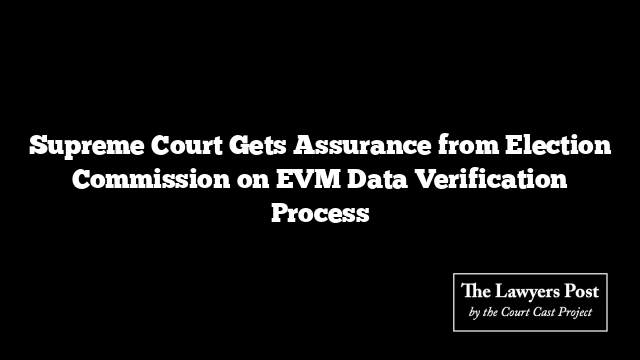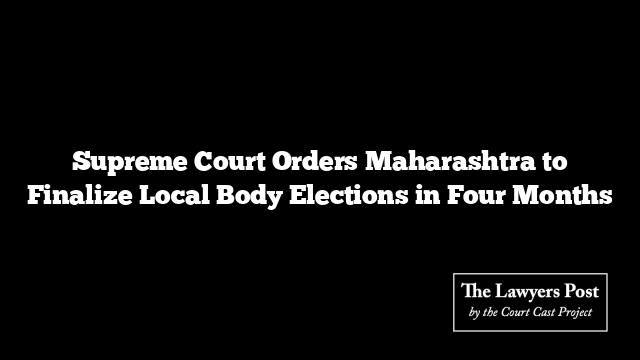In a significant move, the Election Commission of India (ECI) assured the Supreme Court that it would no longer delete the data from Electronic Voting Machines (EVMs) if a candidate requests a verification of vote counts or poll results.
The Bench, led by Chief Justice of India Sanjiv Khanna and Justice Dipankar Datta, detailed the procedures for verifying EVMs and conducting mock polls. This clarification came in response to concerns raised by Advocate Prashant Bhushan, representing the Association for Democratic Reforms (ADR), who emphasized the need for a clear Standard Operating Procedure (SOP) in line with the Supreme Court’s 2024 directive on EVM-VVPATs.
The ECI had previously been criticized for erasing EVM data without proper transparency. However, the Commission’s affidavit confirmed that, moving forward, it would retain all relevant data for machines subject to verification requests. Furthermore, the ECI is set to revise the technical SOP to ensure the integrity of the verification process.
In its ruling, the Supreme Court also mandated that engineers from Bharat Electronics Limited (BEL) and Electronics Corporation of India Limited (ECIL) would be responsible for verifying the EVMs. These engineers will certify that the software and microcontrollers in the machines have not been tampered with, ensuring the machines remain secure and reliable.
Additionally, the Court established a new framework for mock polls, allowing candidates to request data erasure from specific EVMs after the necessary data downloads are certified by the engineers. These downloaded results will then be subject to further verification by the manufacturers.
This latest development follows a 2024 ruling that allows candidates who finish second or third in elections to request verification of up to five percent of EVMs within a constituency, providing a crucial step toward ensuring electoral transparency.





